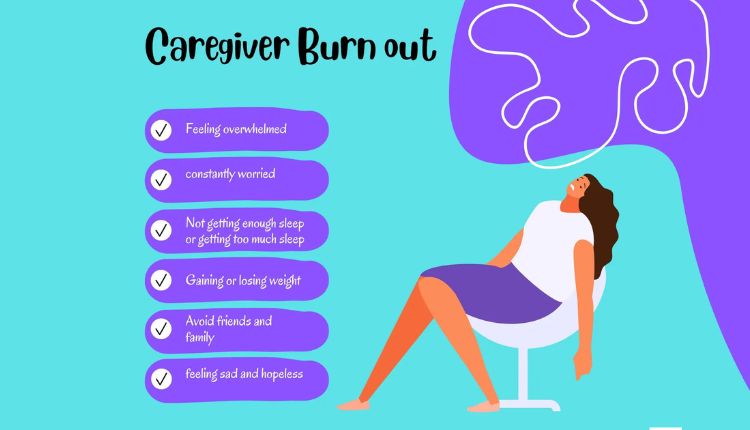
Caring for a loved one, especially when it involves assisting senior citizens, can be one of the most rewarding experiences, yet it’s equally demanding. It requires patience, resilience, and an enormous amount of energy, often leaving caregivers with little time for themselves. Amidst the hustle of caregiving, the significance of self-care can’t be overstated, especially the often-overlooked aspect of maintaining a clean and organized living space. Let’s dive into how a well-kept environment is not just a haven for the cared-for but a cornerstone of well-being for caregivers.
Understanding the Caregiver’s Journey
Before we explore the nexus between cleanliness and caregiver well-being, it’s crucial to acknowledge the multifaceted role of a caregiver.
The Emotional Rollercoaster
Caregiving is more than just a list of tasks; it’s an emotional journey. Balancing the well-being of someone else while managing personal emotions can be challenging. It’s like being an acrobat, trying to maintain balance on a tightrope of responsibilities and feelings.
The Physical Toll
From assisting with mobility to managing household chores, the physical demands placed on caregivers are immense. It’s akin to having a full-time job, where overtime is the norm, and breaks are few and far between.
The Sanctuary of Cleanliness
Now, let’s pivot to the heart of our discussion – the transformative power of a clean home.
A Breath of Fresh Air
A tidy environment is like a breath of fresh air, both literally and metaphorically. Did you know that indoor air can be two to five times more polluted than outdoor air, according to the EPA? Regular cleaning reduces dust and allergens, contributing to a healthier living space.
A Mind at Ease
A cluttered space reflects a cluttered mind. Psychologists have found that cleanliness directly impacts stress and anxiety levels. A neat space can significantly reduce the mental load, offering a sense of calm and control amidst the caregiving chaos.
Practical Tips for Maintaining Cleanliness
Achieving a clean home doesn’t mean adding another hefty task to your already full plate. Here are some manageable strategies:
- Routine is Your Friend: Establish a simple daily cleaning routine. Allocating just 10 minutes a day to tidying up can make a substantial difference.
- Decluttering is Liberating: Periodically removing unused or unnecessary items can free up space and reduce cleaning time. Plus, it can be surprisingly liberating to let go of things you no longer need.
- Involve Your Loved One: Depending on their ability, involving your care recipient in light tasks can promote their sense of independence and participation.
- Seek Help When Needed: It’s okay to ask for help, be it from family members or professional cleaning services. Remember, taking care of yourself is part of taking care of your loved one.
The Joy of a Clean Home
Interestingly, the act of cleaning itself can be therapeutic. The repetitive motions and the tangible results can provide a sense of accomplishment and peace. For those looking for more tips or perhaps a guide to making cleaning an effective workout, visiting phclean.net can be quite enlightening. Moreover, a fun fact to lighten the mood: a 2016 study found that engaging in household cleaning can burn over 200 calories per hour! So, you’re not just cleaning; you’re also engaging in an impromptu fitness routine.
A Clean Home, A Clearer Mind
While the primary focus of caregiving is understandably on the person in need, the well-being of the caregiver is equally important. A clean and organized home can serve as a foundation for both the caregiver’s and the recipient’s health and happiness. It’s a testament to the saying, “A tidy house, a tidy mind.” By embracing the simplicity and sanctuary of cleanliness, caregivers can find a source of strength and serenity in their noble role.









